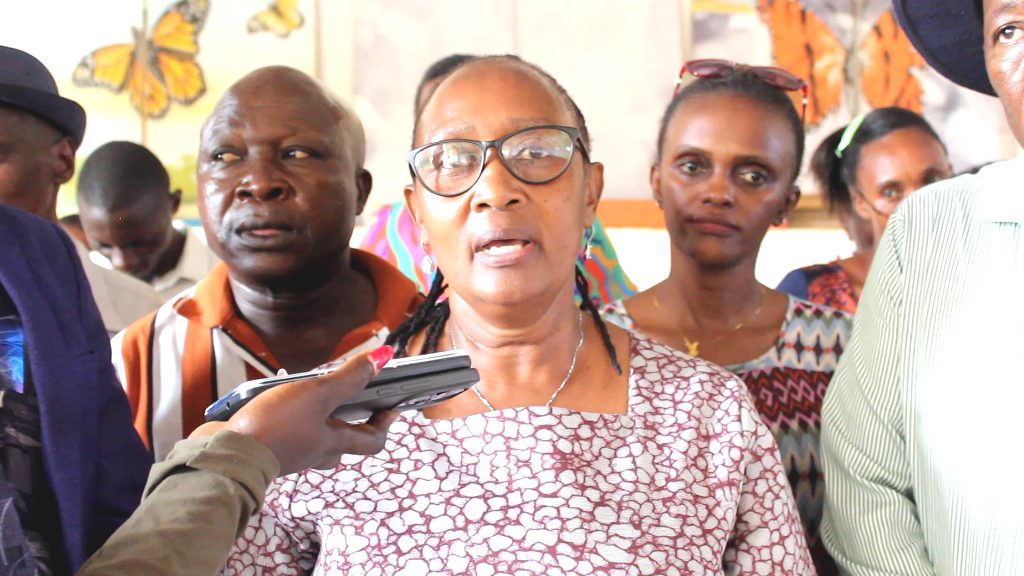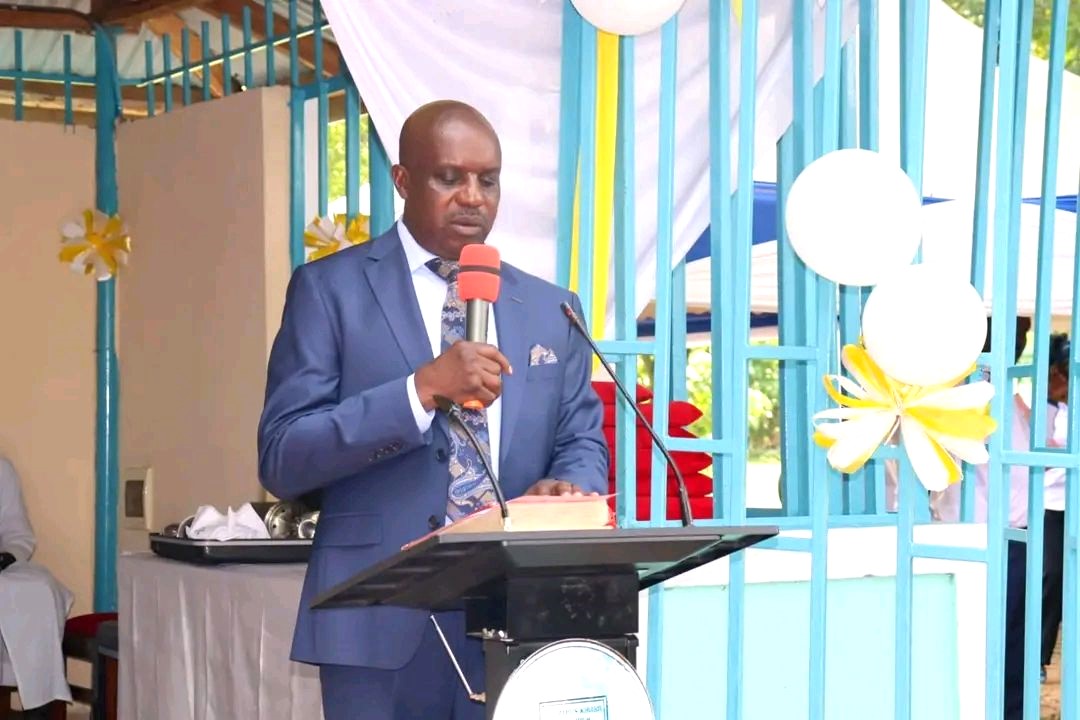A Kwale-based activist, Elizabeth Irigo, has urged both the county and national governments to give special attention to students living with autism, saying many of them are being left behind in the pursuit of education due to financial and social barriers.
Irigo said while great strides have been made in promoting inclusive education, learners with autism continue to face unique challenges that require targeted support.
She emphasized the need for authorities to ensure that such learners are prioritized in bursary programs, regardless of whether they attend public or private institutions.
“Let students with autism not be sidelined in bursary programs even if they learn from private schools. Their education is not a privilege, it’s a right, and we must all play our part in making it accessible,” she said.
The activist noted that autism treatment and therapy are often very costly, leaving many parents struggling to sustain their children’s education.
She said some families are forced to choose between therapy sessions and school fees, which ends up disrupting the child’s learning and development.
According to Irigo, most parents with autistic children lack adequate support systems, both emotionally and financially, making their journey more difficult.
“Many of these parents feel isolated because society doesn’t fully understand what autism is. They are left to carry the burden alone,” she said.
She added that children with autism require specialized attention and consistent therapy, which are essential for improving their communication, behavior, and social interaction skills.
READ ALSO:
Addressing the growing challenge of indiscipline among JSS learners
She, however, said the special services remain out of reach for most low-income families in the county due to their high cost.
Irigo appealed to the Kwale County Government to set up dedicated funding and special education programs for children with autism.
She said this could include training teachers to handle learners with special needs, establishing therapy centers in local schools, and providing transport support for children who need to attend special classes far from home.
She further called for public awareness campaigns to educate communities about autism and end the stigma surrounding it.
“We must stop labeling or hiding autistic children. They are not cursed, they are talented and capable if given the right environment,” she said.
Irigo also encouraged local leaders, NGOs, and well-wishers to collaborate in creating an inclusive education framework that leaves no child behind.
By Mwajabe Omar
>>> Click here to stay up-to-date with trending regional stories
>>> Click here to read more informed opinions on the country’s education landscape






